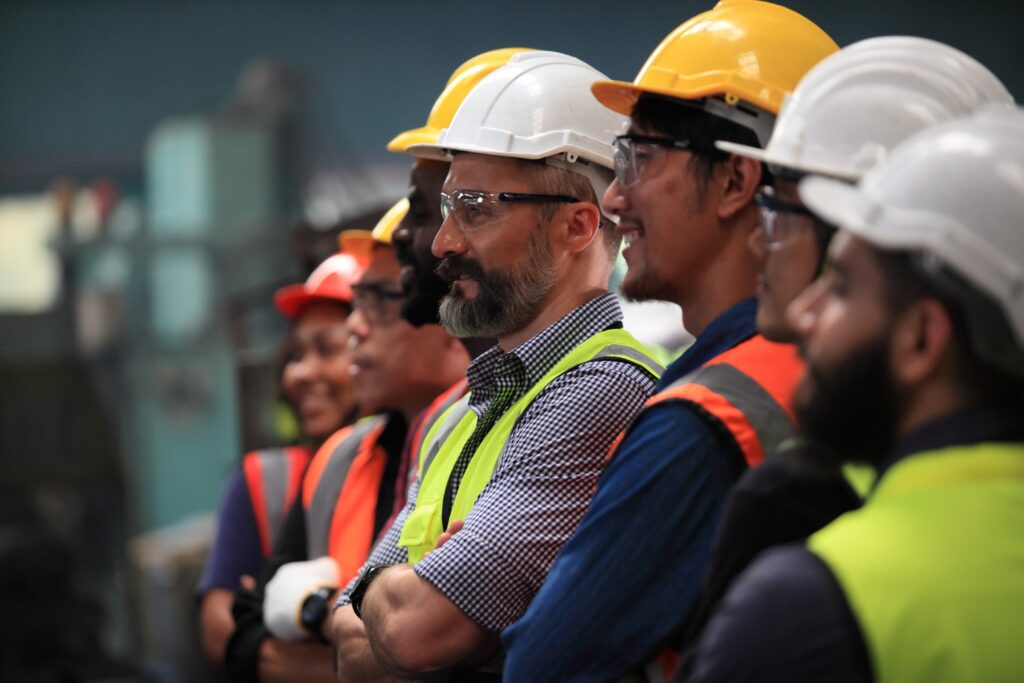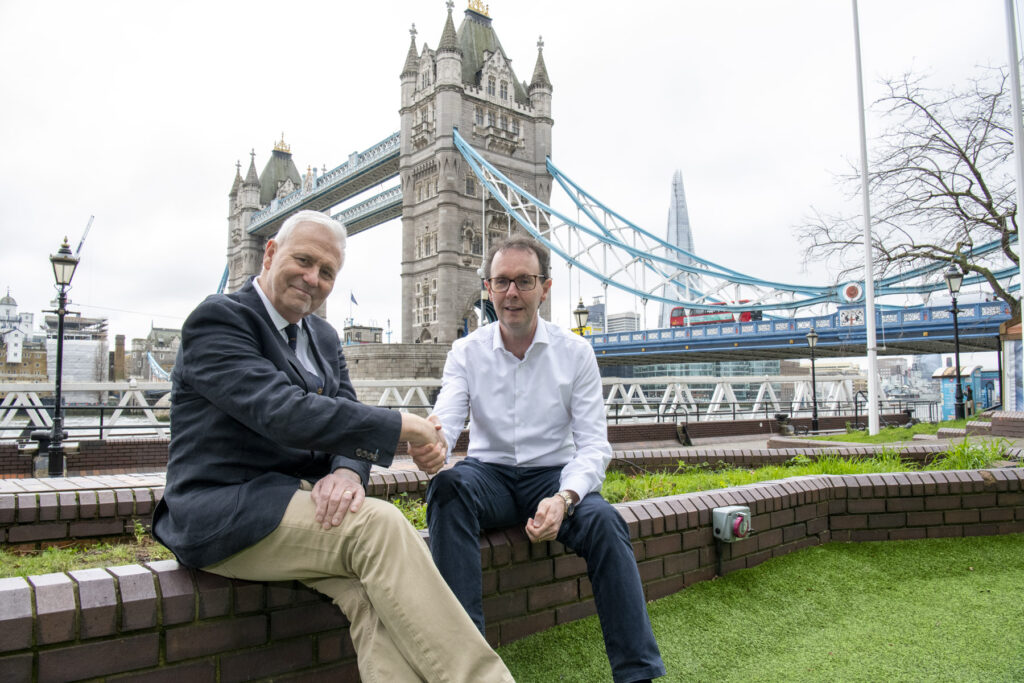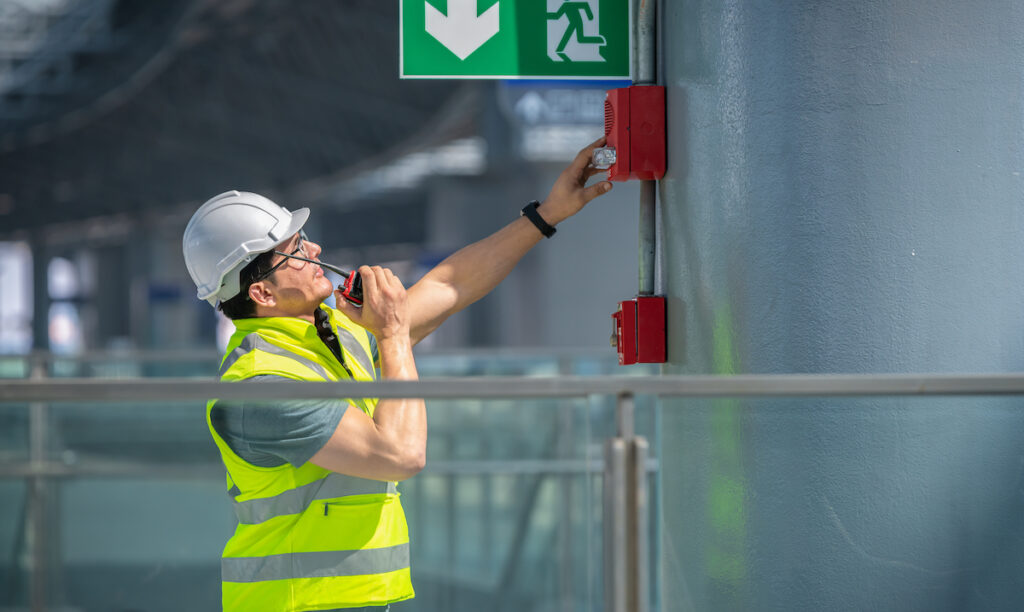Musculoskeletal disorders are the most common work-related health issue in Europe. With 3 out of every 5 employees in the EU reporting musculoskeletal disorder issues, they are among the most common reasons for disability, sick leave, and early retirement. (Source)
What are Musculoskeletal Disorders?
MSDs comprise a wide range of health issues that involve “impairments of bodily structures, such as muscles, joints and tendons”. (Source) Conditions can include carpal tunnel syndrome, osteoarthritis and myalgia. (Source)(Source) Working situations can cause or exacerbate these conditions, either due to the type of work or the environment in which the work takes place. Pain in the back and upper limbs are the most commonly reported types of work-related MSDs. The neck, shoulders, and lower limbs can also be affected. The majority of MSDs occur over the long term, but some can occur acutely as a result of a once-off accident.
What are the risk factors?
The most common risk factors in the EU are:
- Repetitive movement of the hands or arms
- Prolonged sitting
- Manual lifting or handling
- Time pressure
- Working in positions that are tiring or painful
(Source)
MSDs can impact workers’ quality of life and ability to work as productively as they would under normal conditions. They can also have a detrimental effect on businesses, as they are the reason for a large number of working days lost in the EU. (Source)
An increasing number of people are working in sedentary jobs, which pose a high level of risk for MSDs. What’s more, the European population is ageing and retirement ages are generally increasing, which means there are more and more people in the workforce who have a chronic MSD. (Source)
According to the Safety, Health and Welfare at Work Act 2005, employers are legally obliged to address workplace health and safety risks, and therefore should take a proactive approach to early intervention and mitigating the risk of MSDs.
What actions can employers take?
Prevention is better than cure, and the good news is that MSDs are easily preventable.
You can prevent MSDs, and improve the overall health and safety of your workplace, by carrying out a workplace risk assessment. Safety consultants will audit your workplace, reviewing elements including your work design and organisational factors, ergonomic equipment requirements and manual handling processes. With this information, they will develop a report with identified risks and recommendations for actions to be taken.
It is recommended that employers take a collaborative approach and involve employees across the organisation in the prevention of MSDs. Encourage worker participation in all stages of the process, including hazard identification, risk assessment, and suggesting and implementing solutions. You can do this by facilitating workshops, distributing questionnaires, appoint a steering group or ambassadors, and/or provide training.
You should also look at reducing the psychosocial risks. For example, work-related stress can increase the risk of developing an MSD, or aggravate an existing MSD. (Source) Lack of support from colleagues or managers and low levels of job satisfaction can also contribute. Promoting positive workplace wellbeing is an important action in the prevention of MSDs and the success of the organisation in general.
There are many other small, simple steps that can be taken, including the provision of ergonomic chairs and workstations, sit-stand workstations, and other equipment such as voice recognition software, adapted keyboards and mice. Other measures include adjusting working hours and encouraging regular breaks and movement.
To ensure early intervention, you should encourage early reporting of any health issues and subsequent consultation with medical services. For workers who have developed MSDs and may have taken time off work, employers can provide support by having a clearly-defined return-to-work policy and/or facilitating rehabilitation.
If you’d like more information on any of these services, contact a member of our team who would be happy to help. Email info@ayrton.ie, call 021 431 0331, or submit a contact form.



